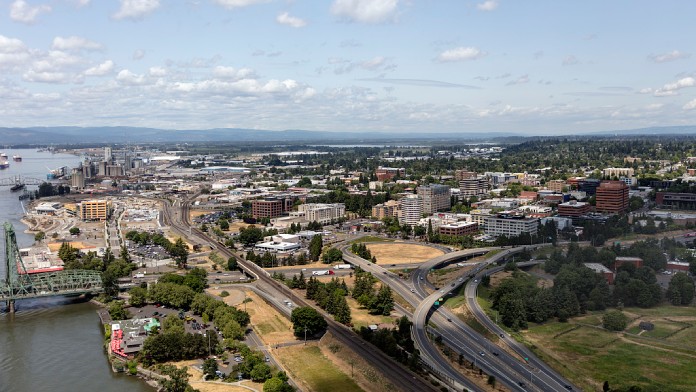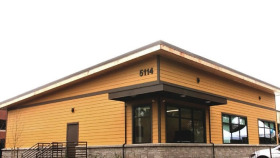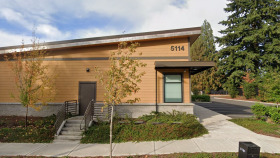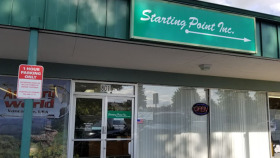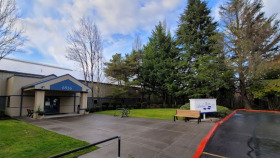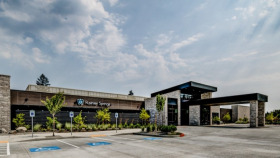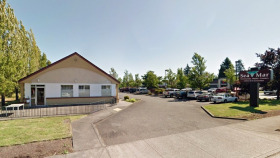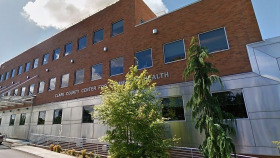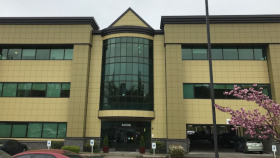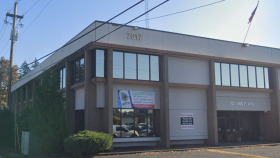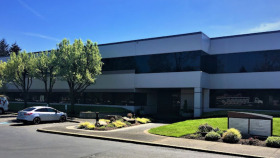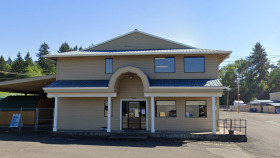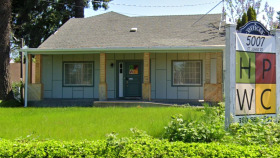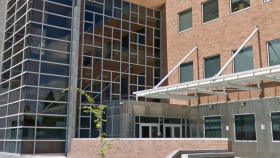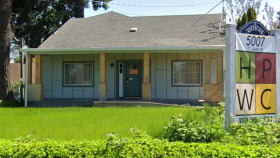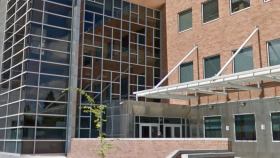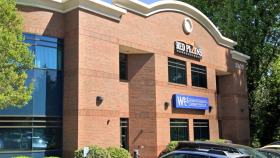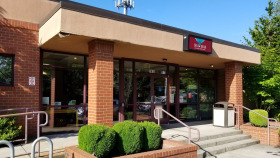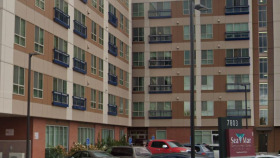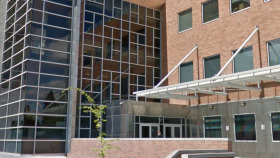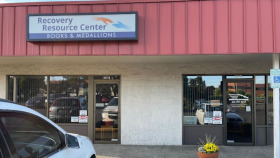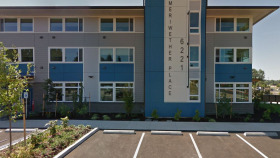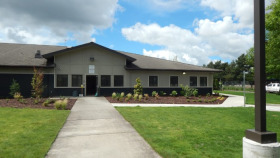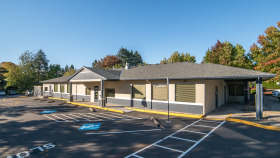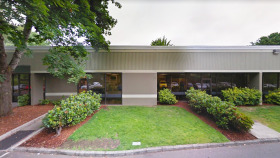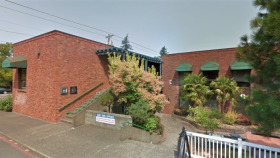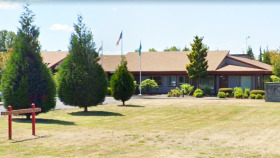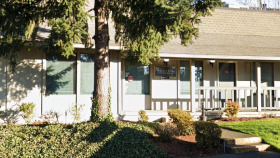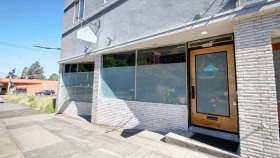Expert Insights
After a recent death of a toddler from deadly opioid fentanyl, the Vancouver Police Department told a senate committee that 31 kids died last year from ingesting fentanyl. A lawyer friend of mine told me that there is no law to include fentanyl in child endangerment cases! The good news is that’s going to change as lawmakers are expanding felony child endangerment laws to include all opioids and smoke from those drugs. While the bill still needs to be considered by the house, it looks promising and this could make people think twice about using drugs around their kids.
~ Olivia Pennelle
Cost of Drug Rehab in Vancouver
The cost of care at Vancouver drug rehabs is contingent on several factors. Just as no two addiction programs are alike, no two facilities charge the same price for services. Your costs will depend on several variables, including:
- The type of facility you select (private vs. government-funded or non-profit)
- Facility amenities (addiction treatment centers with upscale features generally cost more than those basic amenities)
- The length of time you spend in care (most programs last 30-90 days, but some last longer)
- Choosing a facility in-network with health insurance provider
- Whether a facility offers any form of payment assistance, such as scholarships or a sliding fee scale
Keep in mind that many private insurance providers must cover addiction care under federal law, and public insurance plans like Medicaid and Medicare also cover rehab.6, 7, 8 If you have health insurance, your plan can reduce your costs, but your policy’s specific benefits will determine to what extent.
If you’re unsure whether you can afford it, you can still get help. Several Vancouver detox centers and rehabs offer various payment options, including financing plans and income-based fee structures, to make treatment more accessible to all.
Vancouver Alcohol and Drug Use Statistics
As one of the most populous cities in Washington State, Vancouver, which is located in Clark County, is no stranger to substance abuse among its residents. According to the Washington State Department of Social & Health Services, Clark County has a higher rate of alcohol- and drug-related deaths than the state as a whole.1 Other drug and alcohol use statistics for the Vancouver area include:1, 2, 3, 4
caused by fentanyl.

As of January 2022, Clark County’s rate of alcohol-related traffic fatalities exceeded that of Washington State as a whole.

In 2019, nearly 7% of Clark County 8th graders reported drinking alcohol at least once per month.

In 2018, nearly 15% of Clark County adults reported binge drinking, with more Native Americans binge drinking.
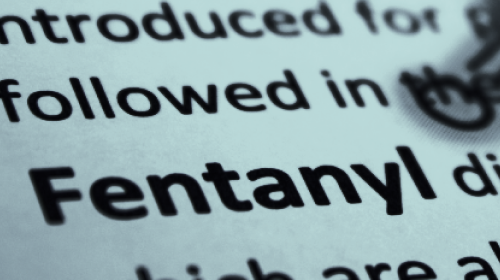
Between 2019 and 2020, Clark County recorded a 200% increase in overdoses caused by fentanyl.
Drug and Alcohol Laws in Vancouver, WA
Involuntary Treatment Act (Ricky’s Law): In Washington, anyone who is a danger to themselves or others due to alcohol and/or drug use can be involuntarily admitted to a secure detox facility. The facility will provide up to 17 days of withdrawal management support and addiction treatment for persons aged 13 and older.11
Washington 911 Good Samaritan Overdose Law: Washington law provides immunity from prosecution for drug possession charges to anyone—including victims of overdose—who seeks emergency aid during an overdose event. The law also grants immunity from civil liability to people who render care at the scene of an emergency.12, 13
Standing Order to Dispense Naloxone: In Washington, anyone at risk of experiencing an opioid-related overdose can get naloxone, a life-saving opioid reversal medication, from a pharmacist without a prescription. Anyone who may be able to help someone experiencing an opioid-related overdose can obtain naloxone from a pharmacy without a prescription, too. Clark County Public Health also provides free naloxone kits and training on how to administer the medication at the Harm Reduction Center in Vancouver.14, 15
Clark County Adult Drug Treatment Court: In Vancouver, adults with a substance use disorder and felony charges can opt into the Clark County drug treatment court program. This program requires a minimum 12-month commitment and aims to improve participants’ psychosocial functioning, reduce recidivism, and encourage healthy reintegration into the community.
Resources
- Vancouver, Washington Population 2022 (Demographics, Maps, Graphs). (n.d.). Worldpopulationreview.com.
- FindTreatment.gov. (n.d.). FindTreatment.gov.
- Washington State Department of Social & Health Services. (2022, January). Risk and Protection Profile for Substance Abuse Prevention in Clark County.
- Healthy Columbia Willamette Collaborative. (2019). 2019 Community Needs Health Assessment.
- Clark County Center for Community Health. (n.d.). Healthier Clark County — Exploring Community Data.
- Clark County Public Health. (2021, November 11). Public Health warns of rise in opioid overdose visits to emergency departments.
- Substance Abuse and Mental Health Services Administration, Office of the Surgeon General. (2016). Facing Addiction in America: The Surgeon General’s Report on Alcohol, Drugs, and Health.
- Frank, R. G., Beronio, K., & Glied, S. A. (2014). Behavioral Health Parity and the Affordable Care Act. Journal of Social Work in Disability & Rehabilitation, 13(1-2), 31-43.
- Washington State Health Care Authority. (n.d.). Substance use treatment.
- Department of Health and Human Services, Centers for Medicare & Medicaid Services. (2016). Medicare Coverage of Substance Abuse Services.
- Substance Abuse and Mental Health Services Administration. (n.d.). gov.
- City of Vancouver. (n.d.) Neighborhoods.
- Washington State Health Authority. (n.d.). Ricky’s Law: Involuntary Treatment Act.
- University of Washington Alcohol & Drug Abuse Institute. (2011, November). Washington’s 911 Good Samaritan Drug Overdose Law: Initial Evaluation Results.
- Washington State Legislature. (n.d.). Immunity from liability for certain types of medical care.
- Washington State Department of Health. (2021, February 01). Standing Order to Dispense Naloxone.
- Clark County Public Health. (n.d.). Overdose Prevention and Response.
- NPC Research. (2018, January). Clark County Adult Drug Court Process, Outcome, and Cost Evaluation Report.

